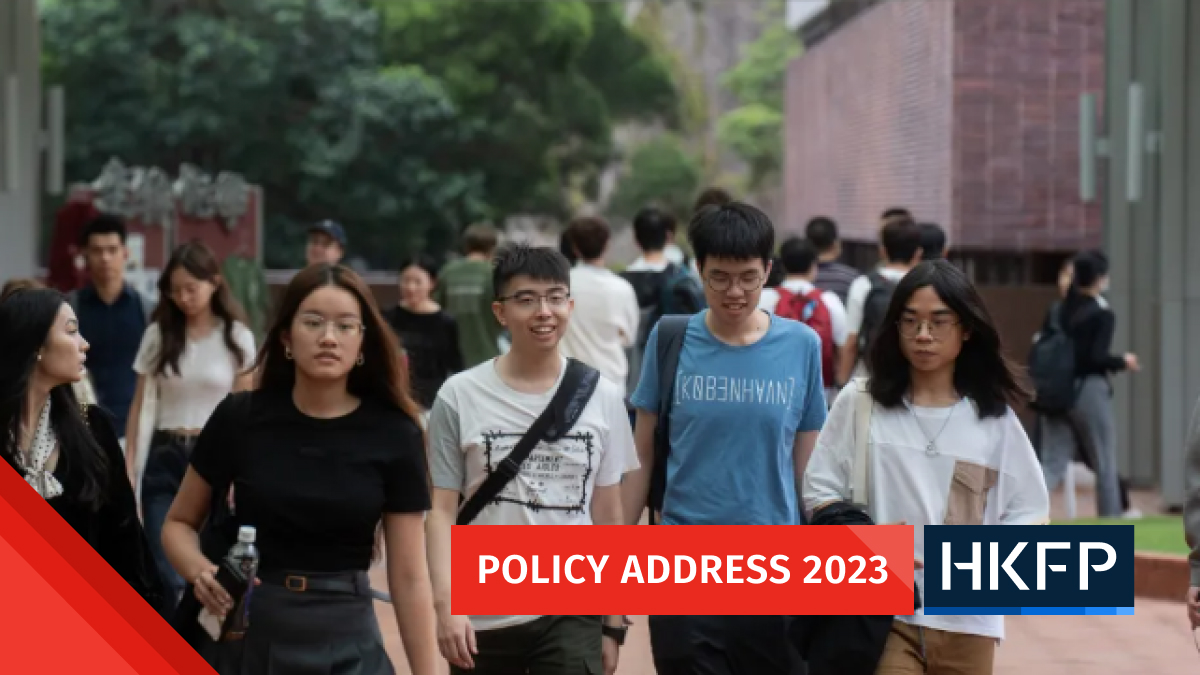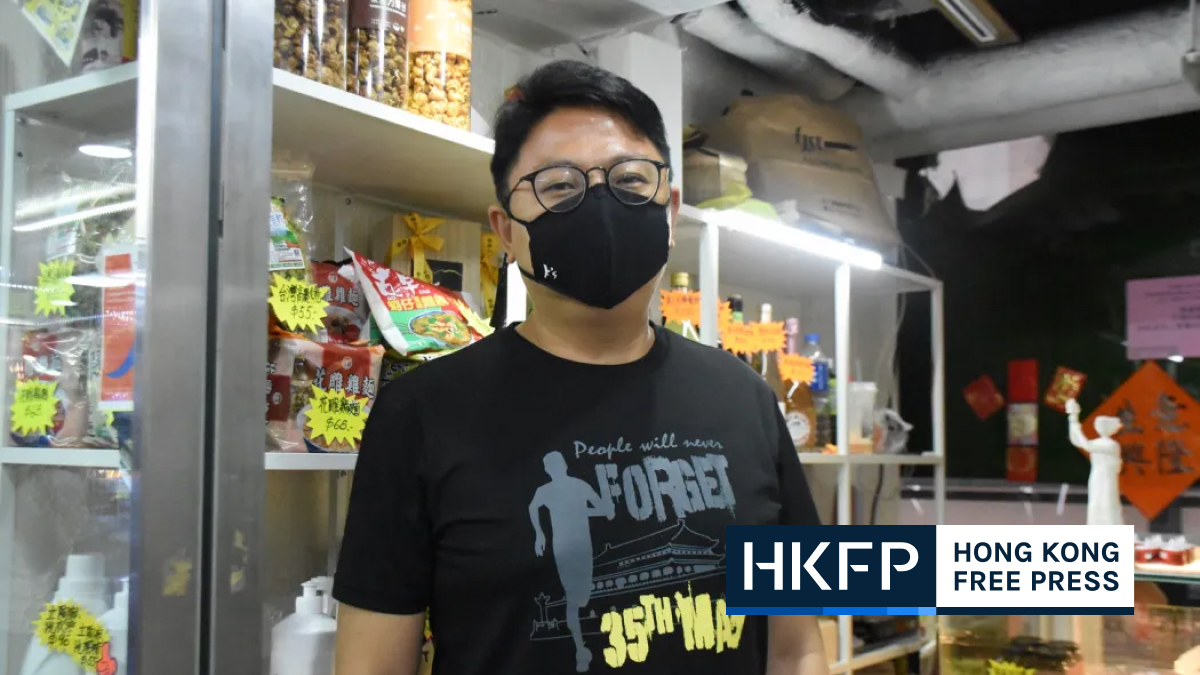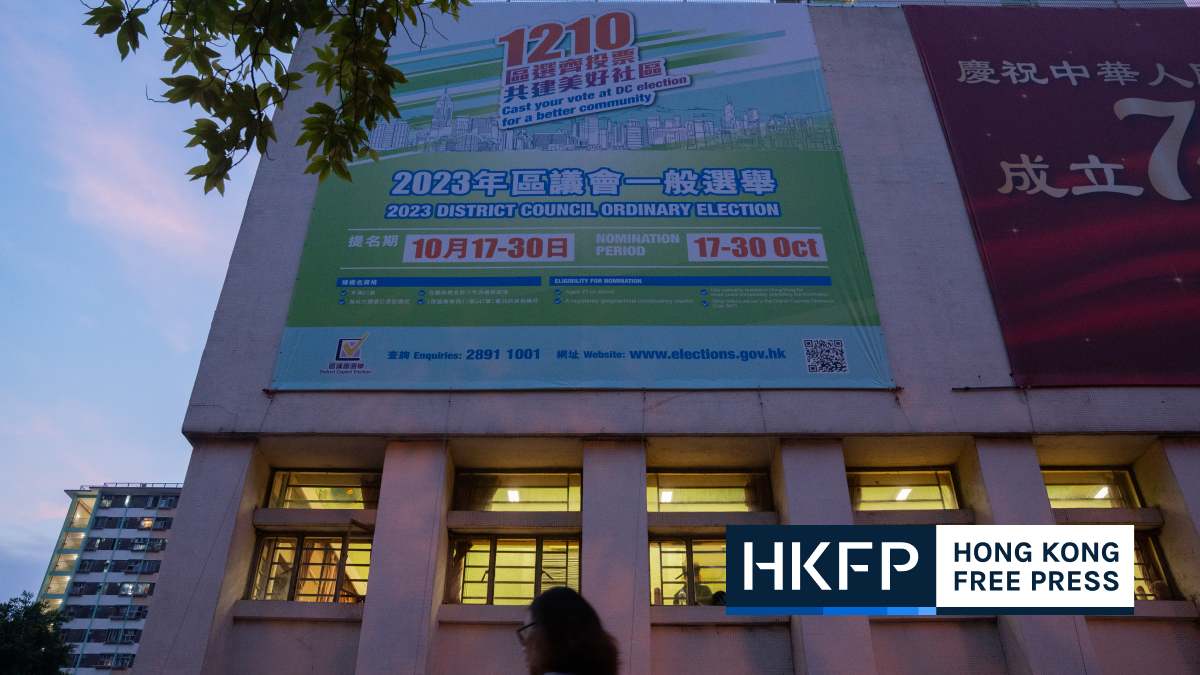Beijing on Thursday vowed to “safeguard” its interests against a new US policy to restrict investment in Chinese technology, accusing Washington of disrupting global supply chains.

US President Joe Biden hours earlier announced an executive order directing the Treasury Department to restrict certain US investments in China in sensitive high-tech sectors including semiconductors, quantum computing and artificial intelligence.
China’s foreign ministry blasted the move as an attempt to “engage in anti-globalisation and de-sinicisation”, warning that China would “resolutely safeguard its own rights and interests”.
“Beijing is strongly dissatisfied and firmly opposes the United States’ insistence on introducing restrictions on investment in China, and has lodged solemn representations with the United States,” an unnamed foreign ministry spokesman said in a statement published online.
Biden’s executive order “seriously deviates from the market economy and fair competition principles the US has always promoted, and affects companies’ normal operation decisions, damages the international trade order, and severely disrupts the security of global industrial and supply chains”, the Chinese commerce ministry said in a separate statement.
“China expresses serious concern about this and reserves the right to take measures,” the commerce ministry said, without mentioning specific countermeasures.

The restrictions, which are expected to take effect next year, come as Biden’s administration looks to bolster its position vis-a-vis China on a multitude of fronts: military, economic and technological.
Chinese internet giants Alibaba, Baidu, Bytedance and Tencent have ordered US$5 billion worth of chips from California-based Nvidia vital to powering generative artificial intelligence systems as fears mount the US will begin restricting exports, according to a Financial Times report.
The report quoted an unnamed Baidu employee as saying: “Without these Nvidia chips, we can’t pursue the training for any large language model.”
China hopes the US will “avoid artificially obstructing global economic and trade exchanges and cooperation, and avoid setting up obstacles for the recovery of the world economy”, the Chinese commerce ministry spokesperson.
Support HKFP | Policies & Ethics | Error/typo? | Contact Us | Newsletter | Transparency & Annual Report | Apps
Help safeguard press freedom & keep HKFP free for all readers by supporting our team

LATEST FROM HKFP
HKFP has an impartial stance, transparent funding, and balanced coverage guided by an Ethics Code and Corrections Policy.
Support press freedom & help us surpass 1,000 monthly Patrons: 100% independent, governed by an ethics code & not-for-profit.







